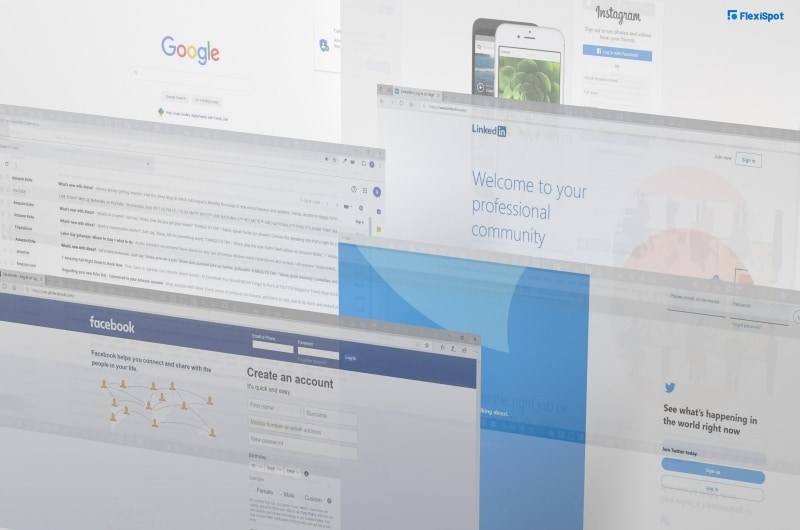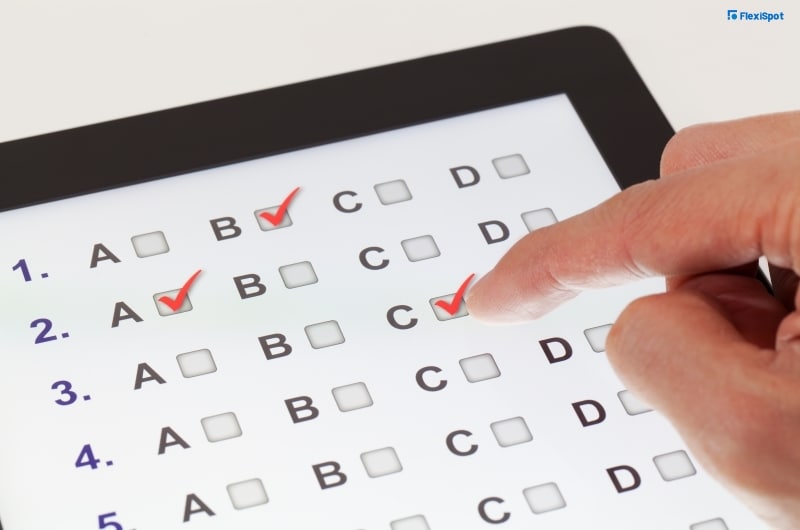Even before COVID-19, there is already a system referred to as distance education or learning from home. There are students and teachers who carry out classes virtually.
Before classes start for another year, teachers get ready and prepare their materials for the quarter or the semester. They already think of activities that their students will like or will help enrich their brains. If It was a teacher in a face-to-face set up, students would greet him or her as soon as he or she walked into the classroom. He or she will prepare his or her props if the chalk or whiteboard marker is not enough to get his or her point across to the students. On the first day, the teacher will discuss what to expect in the learning period and also dedicate some time for formal introductions about oneself.
This changed when COVID-19 hit. Schools were ordered to close and students and teachers had to carry on their studies using Zoom. There were some teachers who did not know how to navigate Zoom but quickly learned how to, all in the name of their profession. They also learned how to do Powerpoint slides and devise ways to make sure their students are attentive and won’t cheat on exam day. Even though schools are almost back to normal now, there still remains the distance education scheme. Teachers still have to know and are able to ensure honesty and integrity in the classroom.
It’s not entirely impossible that online exam taking would be free of cheating. Here are some ways to keep cheating out of the equation and make sure students learn what they have to learn so that they can do well in their exams.

1. Know the reason behind the cheating habit of students.
You can’t solve a problem unless you already know what’s causing it. Most of the time, cheating is caused, per se, by a student not believing in his or her skills of passing an exam. There is pressure on him or her, either from school or at home to deliver well. Also, students tend to cheat when they are surrounded by cheaters or are in an environment where everyone freely practices academic dishonesty.
You can build confidence among your students by doing your job of teaching them well. Make sure they are engaged during class and do not have their minds floating elsewhere. For online classes, do not hesitate to require that the camera should be on during the entirety of the class. If they are uncomfortable with this, let them know that you could access Zoom’s feature of only having the chat member’s camera visible to the host. Do not solely rely on text, be varied with your teaching approach such as mounting activities that could stimulate your class’ interest. If you show your students how hard you are trying to give them the best learning online, they would not even consider resorting to cheating.
Lastly, don’t put such a big emphasis on grades. Incentivize or have a rewards system in place that would give the spotlight to students who learn from the class. Remind them that what you are teaching will help them in the future, so make sure they understand that when they cheat, they will lose invaluable lessons they could have picked up if they passed the honest way.
2. Do not sleep on online proctoring tools.
You are not working on your own here. If you need resources, let your school administration know what will help you and them give the best learning to the student population. Nowadays, there are many available tools online that confirm the identity of the test taker, alarm the proctor or host when no one or multiple people are detected in the test room, notify the proctors when multiple tabs are open, record the screen, limits the time for question-answering, prevent the use of mobile phones, and a lot more tactics. Some recommended proctoring software providers are SpeedExam, Examus, ExamOnline, ProctorExam, and Mercer.

3. Make students sign an honesty pledge at the start of the semester so that they know what the university policies are for academic dishonesty.
As a teacher, you should be in full knowledge of what the school policies are, including sanctions for cheating. On the very first day, test your students if they know the school policies. Afterward, write a pledge, compose a song, or make a video that will make sure students know what will happen in the event that they get caught. Come exam day, before you distribute any exam material, play the video you created, make them sing the anti-cheating song, or let them recite the pledge in unison to instill in their heads why cheating is wrong.
4. The nature of your questions should require critical thinking. Mix them up with other forms of questions.
Avoid using questions that give true or false statements or multiple choices. Make sure your students will really have to think in order to give you answers that are different from their peers. Divide students into groups and give different test sets to each. If you’re teaching an international class, make the students take the test at different time zones.

5. Maximize tools to help ensure that students won’t be able to search for answers while taking the exam.
We live in a high-tech world, so make use of it. Proctoring tools and even Google have features that detect if multiple tabs are open in a student’s browser. You may also set the format to only show one question at a time. There should be a time limit to answer and the student must not be allowed to backtrack questions.
6. Right after the test date, don’t show scores and do not, in any circumstance, give students a copy of the whole exam.
We don’t want a codigo of the exam to be leaking to the whole batch so make sure you don’t give out a copy of the whole exam even though a student requests it. To help him or her, you may show the questions that they got wrong so that they understand how to answer those types of questions the next time. Give out scores much later so that students who haven’t taken the exam yet won’t be pressured to cheat.

7. Do not ever allow the whole exam to be retaken.
Require a legitimate proof for a student missing an exam on the actual date. If approved, this student should be receiving the same yet a different version of the exam.

The Perfect Online School Set-up for Teachers
Teachers do a lot for our society so we should always give them what’s best. If a great work set-up will help them conduct their lessons from home, then don’t hesitate to invest in them.
Flexispot is an ergonomic company that has a catalog boasting of standing desks, standing desk converters, and desk bikes.
During online class planning, a teacher may use a standing desk and a desk converter to save space and guarantee efficient work. Standing will alert one’s senses and using a converter would upgrade the workstation without the need for additional desk space.
When classes continue from one to another, having an ergonomic chair will prevent you from suffering body pain and ensure comfort that will show your students how much you are enjoying your job.